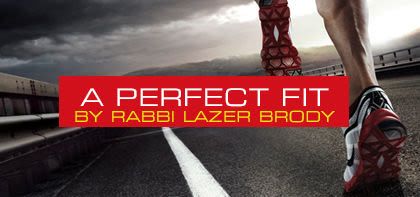
Vayeshev: A Perfect Fit
The prophet Amos tells us that Joseph the tzaddik was sold for the price of shoes (see Amos 2:6). Why specifically for the price of a pair of shoes?

"And they sold Joseph for twenty pieces of silver."(Genesis 37:28).
The prophet Amos tells us that Joseph the tzaddik was sold for the price of shoes (see Amos 2:6). Why specifically for the price of a pair of shoes? With Hashem's guidance, let's try to understand the underlying connection between Joseph's tribulations and the concept of shoes, for there is certainly an important inner message here.
My esteemed and beloved teacher Rabbi Shalom Arush shlit'a told me a story about Rebbe Yechiel Michal (“Michel'e”) of Zlatshov, of saintly and blessed memory, which sheds light on our question at hand.
Although Rebbe Michel'e was a tzaddik of the loftiest level, he was utterly destitute. He lived in a shabby shack with gaping holes in the walls that miraculously remained standing. His clothes were frayed and patched and the torn souls of his shoes clapped with every step he took.
The students of Rebbe Michel'e couldn't understand how he recited the Asa li kol tzorki blessing every morning. With fervor and joy, like he said all his other blessings, Rebbe Michel'e would say, “Blessed are You Hashem, our G-d King of the Universe, Who made my every need.”
Rebbe Michel'e was extremely cautious about saying Hashem's Name; if there were one chance in a million that the blessing was superfluous, he wouldn't say it, lest he say Hashem's Name in vain, Heaven forbid. He made painstaking preparations every morning before he allowed to utter Hashem's holy Name. First, he'd immerse in the mikva, the ritual bath. Then, he'd wash his hands. Finally, he would open his mouth with such fear of Hashem as if he could see a bullet being fired at his forehead. In absolute intent and holiness, he'd say his blessing.
The students were baffled. “Our holy rabbi and teacher is destitute; how can he possibly utter the blessing, 'Blessed are You Hashem, our G-d King of the Universe, Who made my every need'? He barely  has a glass of water to drink and a dry crust of bread to eat; he lives in a shack that's about to collapse and his clothes are more patches than garment. Isn't he saying this blessing in vain?”
has a glass of water to drink and a dry crust of bread to eat; he lives in a shack that's about to collapse and his clothes are more patches than garment. Isn't he saying this blessing in vain?”
Rebbe Michel'e could read his students' minds. He explained to them, “The blessing of Asa li kol tzorki, where we thank Hashem for giving us all of our needs, is primarily intended as an expression of gratitude to Hashem for giving us our shoes. This blessing has a special meaning, for there is an important basic difference between shoes and oher garments, such as a shirt or trousers. If a shirt or trousers is too large for a person, then they can take it to a tailor who can make the garment smaller. And, if the garment is too small, the tailor can add cloth and make it larger. Shoes, on the other hand, can't be adjusted; if they're too small, they squeeze a person's feet, give him blisters and cause him pain. If they're too large, they fall off his feet and he can't walk in them. Shoes, therefore, must fit a person exactly. This is the intent of thanking Hashem for all of our needs – just as shoes must be a perfect fit, Hashem gives us soul corrections that also perfictly fit each individual. So, if my soul correction is to be poor, then this perfectly fits me, for this is what I need to rectify my soul. Since the poverty rectifies my soul and brings me closer to Hashem, then it is surely something to be thankful for, for this is my need. I am therefore obligated to happily and wholeheartedly recite every morning, 'Blessed are You Hashem, our G-d King of the Universe, Who made my every need'!”
The above story about Rebbe Michel'e enables us to understand why Joseph was sold into slavery for the price of a pair of shoes. We learn that even a person in extreme duress is in the hands of Divine providence, which is directing his life in a precision, tailor made way to insure that person's ultimate benefit in this world and in the next. His trials, tribulations, challenges and hardships fit him perfectly, just like the best-fitting pair of shoes.
We can now understand why a Jew must thank Hashem for the seemingly bad as well as for the good (see Shulchan Aruch, Orach Chaim 222:3). Since the “bad” in our lives is really good, for it's what we need to correct our souls and get close to Hashem, then we can surely thank Hashem for it. We can therefore conclude that in truth, there is no bad in the world at all!



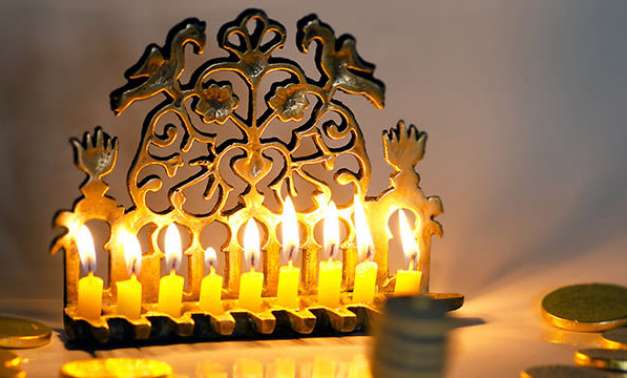


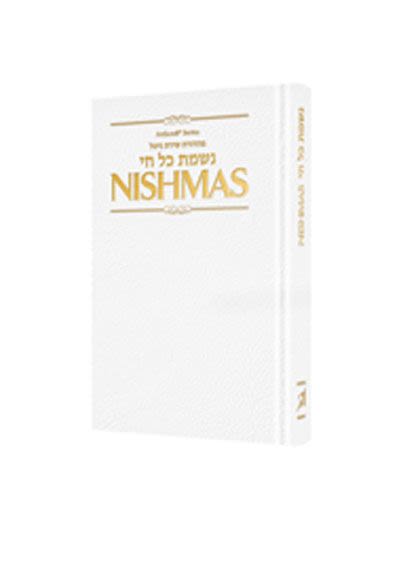
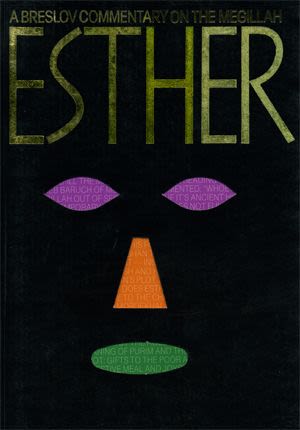
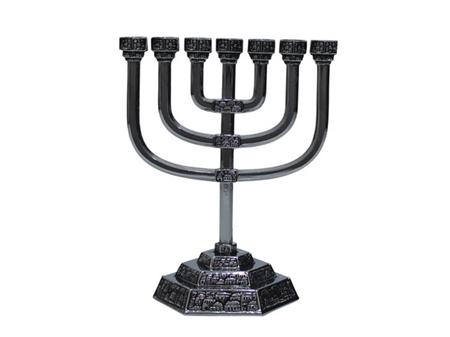
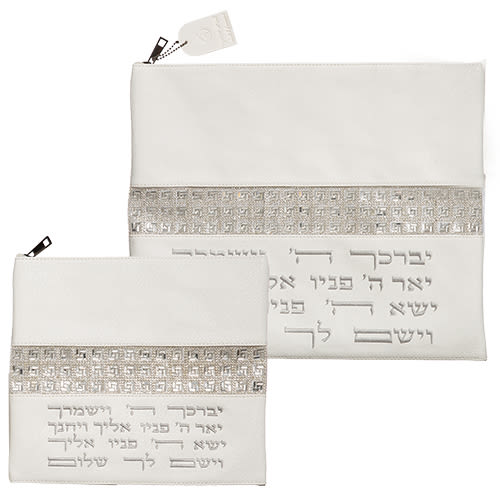

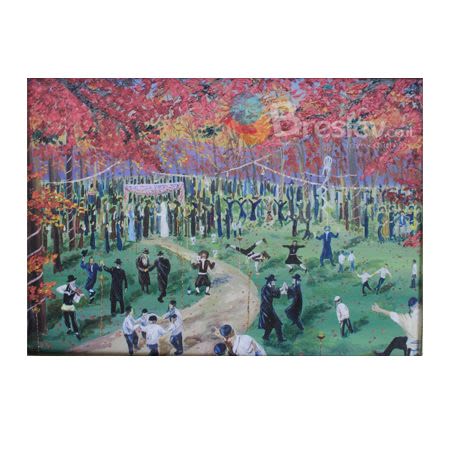
Tell us what you think!
Thank you for your comment!
It will be published after approval by the Editor.